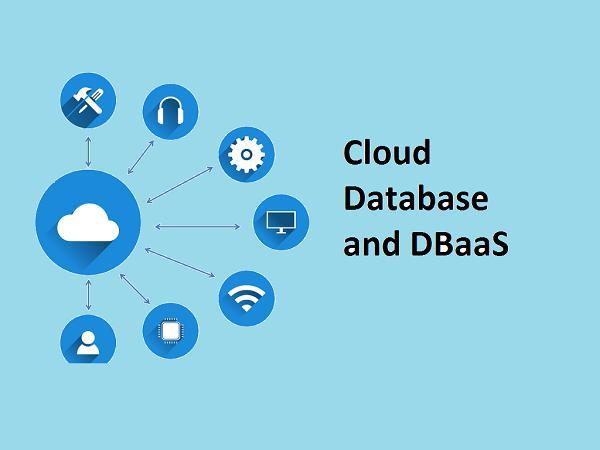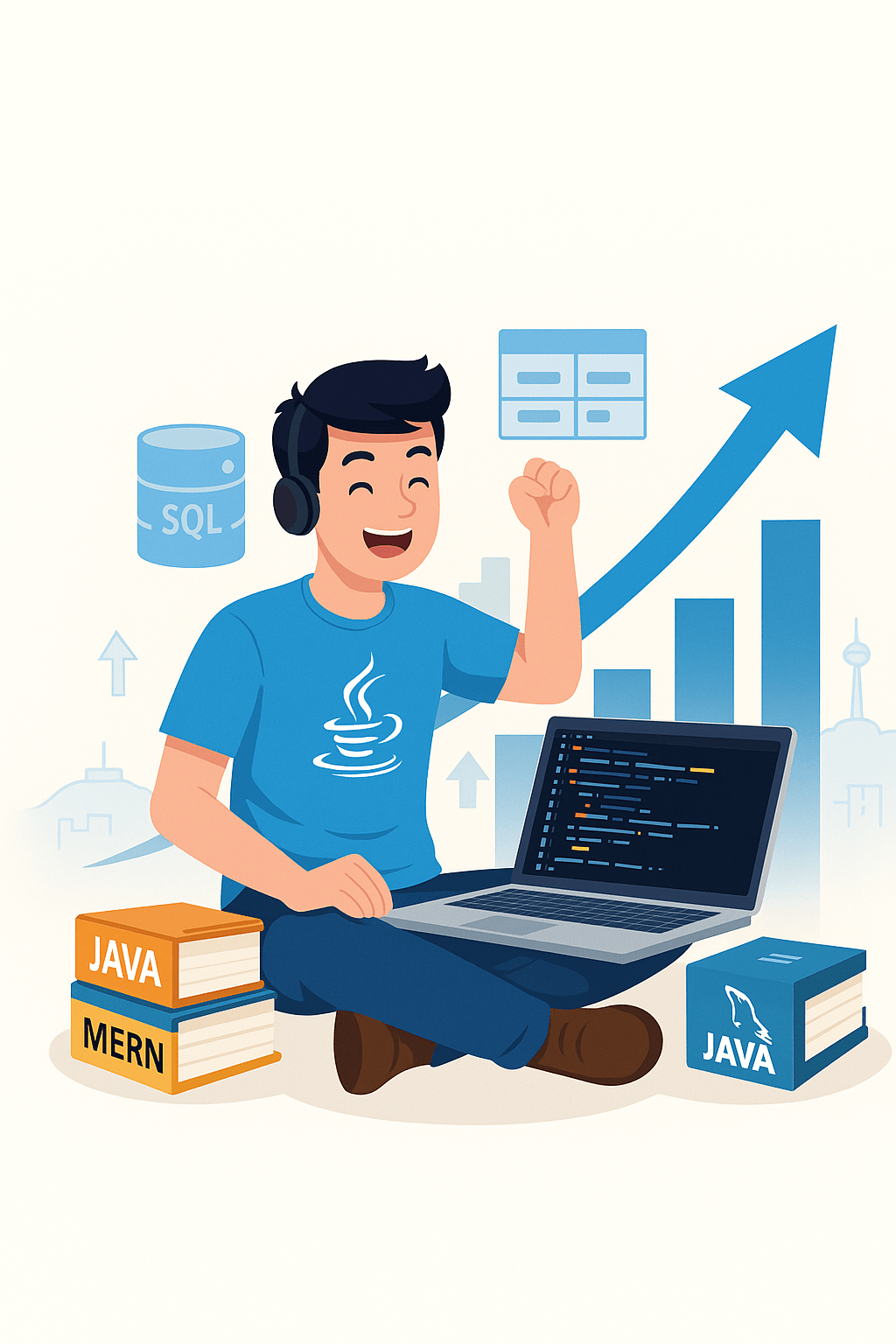What is the Database as a service(DBaaS)?
In the ever-evolving panorama of era, businesses are continuously searching for revolutionary answers to streamline their operations, particularly in terms of handling tremendous quantities of information. Enter Database as a Service – a sport-changer that guarantees to convert the way we cope with databases.
Database as a Service is a cloud-based database solution that grants users access to a database without the need to set up and oversee the foundational infrastructure. The service provider takes care of the majority of database administration and maintenance tasks, allowing users to swiftly leverage the benefits of the database service.
Database as a Service is provided as a managed database service, indicating that the provider manages tasks such as patching, upgrading, and backing up the database. The adoption of DBaaS is on the rise as an increasing number of organizations transition from on-premises systems to cloud-based databases.
Database as a Service providers encompass both cloud platform vendors offering database software and other database developers hosting their software on one or multiple clouds. Delegating the service and maintenance of the database to the Database as a Service provider allows SMBs to deploy applications and systems that would be financially challenging to develop and maintain in an on-premises setting.
Advantages of DBaaS
- Decreased management needs:- The provider of DBaaS manages numerous routine responsibilities for database management and administration.
- Fewer investment costs: As the system infrastructure is no longer located on-premises, users are spared from investing in database servers or planning for ongoing hardware upgrades.
- High Availability:-Database as a Service is a reliable solution that ensures continuous availability and accessibility of your data, minimizing downtime and maximizing productivity.
- Security:- Database as a Service technology has enhanced security features to protect your data.
DBaaS, with its seamless integration of traditional database talents and the agility of cloud services, emerges as a cornerstone for organizations navigating the complexities of current information necessities. The key takeaways from our exploration are both compelling and promising:
Benefits Of DBaaS
Simplified Data Management:
DBaaS simplifies the intricacies of database administration, liberating companies from the burdens of infrastructure renovation, software program updates, and ordinary management tasks. This simplicity lets in groups to redirect their attention towards innovation and strategic tasks.
Scalability Unleashed:
The capacity to scale effects is an indicator of DBaaS. Whether it is vertical scaling to address expanded demand or horizontal scaling for dispensing workloads, DBaaS guarantees that corporations can adapt to the ever-converting dynamics of data necessities conveniently.
Cost-Efficiency and Flexibility:
DBaaS introduces a paradigm shift in price fashions, moving in the direction of pay-as-you-go structures. This not best optimizes charges by using aligning them with actual usage however also affords the power to scale sources up or down primarily based on fluctuating workloads.
Global Accessibility:
The global distribution abilities of DBaaS redefine the idea of facts accessibility. With facts replicated across multiple areas, agencies can make certain low-latency get entry to for customers international, fostering a genuinely worldwide reach.
Security and Compliance:
Addressing safety issues head-on, DBaaS integrates sturdy encryption measures, get right of entry to controls, and compliance adherence. This prioritization of protection standards instills confidence in agencies, especially in an generation where statistics safety is paramount.
Future-Ready Innovation:
DBaaS isn’t always just a solution for these days; it is a stepping stone toward future-equipped innovation. The integration of superior analytics, system studying, and compatibility with emerging technology positions DBaaS as a dynamic force shaping the destiny of data management.
Examples of relational DBaaS platforms:-
| Provider | Product |
| AWS | Amazon DynamoDB |
| AWS | Amazon RDS |
| AWS |
Amazon DocumentDB |
| AWS | Amazon Keyspaces |
| Cloud Bigtable | |
| IBM | DB2 |
| Azure | Cosmos DB |
Amazon DynamoDB
It offers the following features:-
- Serverless
- Fast and flexible NoSQL database service
- Fully Managed
- Supports both document and key-value data models
- It gives single-digit millisecond performance at any scale
- Used for mobile, web, gaming, ad-tech, IOT, and many other applications.
Cloud Bigtable
- Scale to billions of rows and thousands of columns
- NoSQL database service
- Stores terabytes or even petabytes of data
- Simple administration
- Bigtable can be used to store Time-series data, Marketing data, Financial data, Internet of Things data, Graph data
Amazon RDS (Relational Database Service)
Amazon RDS (Relational Database Service) is a fully managed relational database provider provided by Amazon Web Services (AWS). It simplifies the setup, operation, and scaling of relational databases, permitting users to attention on their applications in place of the executive elements of database management.
Amazon DocumentDB
Amazon DocumentDB is a fully managed, scalable, and highly available NoSQL database service provided by Amazon Web Services (AWS). It is designed to be compatible with the MongoDB API, which allows developers to use existing MongoDB drivers and tools to interact with the service.’
Amazon Keyspaces
Amazon Keyspaces is a fully managed, serverless, and scalable NoSQL database service provided by Amazon Web Services (AWS). It is built on Apache Cassandra, a popular open-source distributed database system, and is designed to offer seamless integration with existing Cassandra applications while providing the benefits of a fully managed cloud service.
Cloud Bigtable
Cloud Bigtable is a fully managed, scalable NoSQL database service provided by Google Cloud Platform (GCP). It is designed to handle large amounts of data with low-latency and high-throughput requirements. Cloud Bigtable is particularly suitable for applications that require low-latency access to large amounts of data, such as real-time analytics, IoT, and other data-intensive workloads. Its integration with the broader Google Cloud ecosystem makes it a versatile choice for building scalable and performant applications.
IBM DB2
IBM provides a cloud-based version of DB2 known as “IBM Db2 on Cloud.” It allows users to deploy, manage, and scale DB2 databases in the cloud without the need to manage the underlying infrastructure. With Db2 on Cloud, IBM takes care of various administrative tasks, such as database setup, patching, backups, and scaling. This provides users with a managed service experience.Db2 on Cloud allows users to scale their databases based on workload demands. Db2 on Cloud provides features for data security, including encryption and access controls. It is designed to comply with various industry regulations and standards.
Azure Cosmos DB
Azure Cosmos DB is a globally distributed, multi-model database service provided by Microsoft Azure. It is designed for building highly responsive and scalable applications with low-latency data access. Azure Cosmos DB supports multiple data models, including document, key-value, graph, and column-family, making it a versatile choice for various types of applications
Explore the diverse IT courses in Pune offered at Java by Kiran Academy. From Java to python training in pune, .NET, Software testing classes in pune, MERN, and beyond. We provide both offline and online classes to suit your learning preferences.










